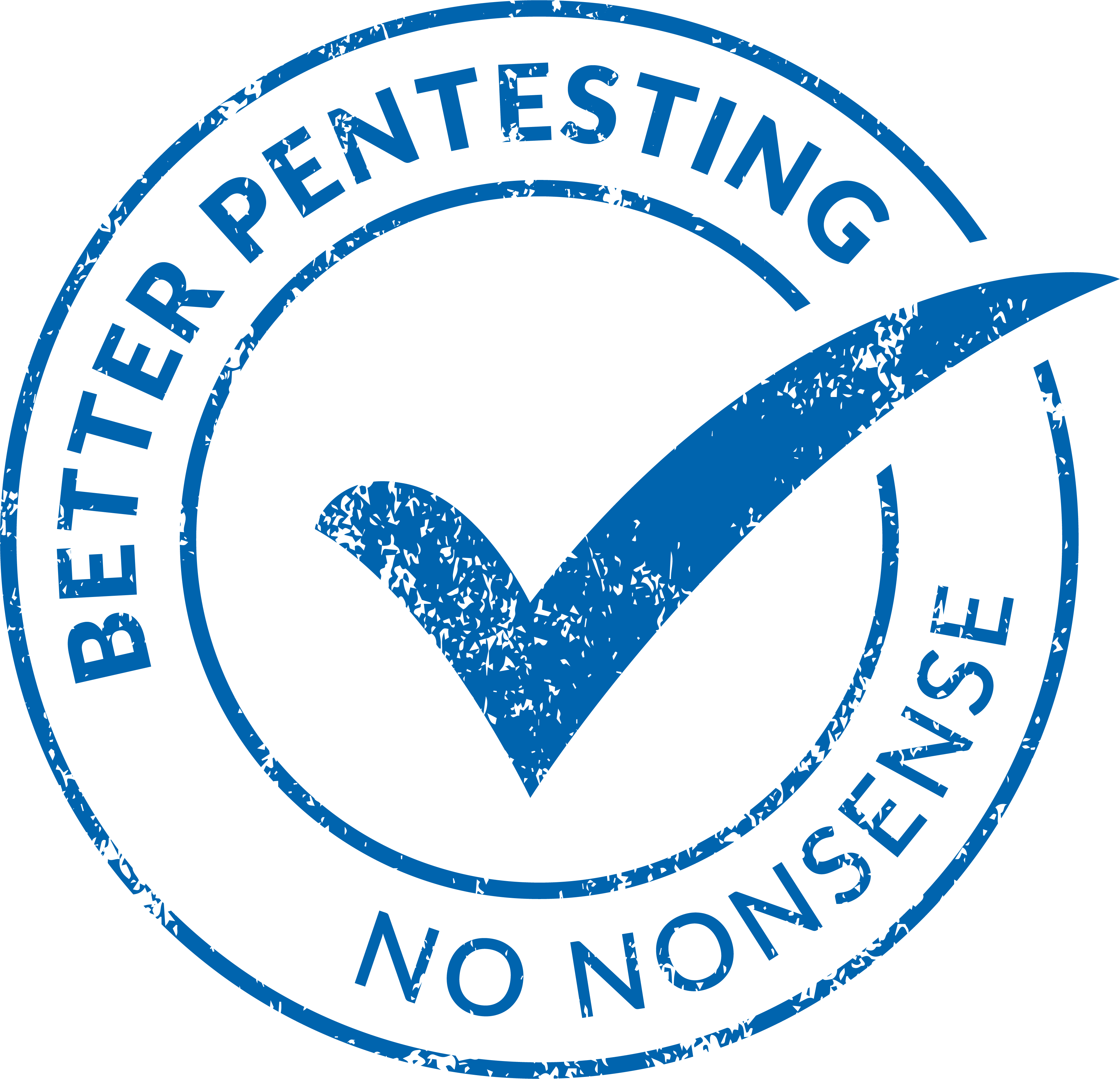SQL Injections (SQLi), Cross-Site Scripting (XSS) & Co
The binsec Wiki's "Hacking III: Web Application Attacks" highlights that web applications often manage access through password-based authentication and role-specific permissions, making their attack surface broad and attractive. Inputs from forms, headers, cookies, and APIs all represent potential entry points, while client-side checks like JavaScript validation offer little real protection since they can be bypassed with interception tools such as Burp Suite. Even if only error pages appear, hidden directories may still reveal the actual application, requiring careful discovery. Once access is gained, security testing concentrates on well-known but critical flaws, SQL Injection (SQLi) and Cross-Site Scripting (XSS), which remain widespread threats as identified by OWASP and are examined in detail in separate sections of the guide.
Go to Hacking III: Web Application Attacks
Provide knowledge
Our Wiki
This is our binsec wiki page.
On binsec.wiki you can find a structured checklist for evaluating source code security. Based on established standards such as the OWASP Top 10 and PCI DSS, it helps developers and security teams identify common vulnerabilities early. The checklist is used by binsec during code reviews and can also be applied to prepare for security assessments of web applications and APIs.
The "Hacking I: Scanning Networks" chapter of binsec.wiki's Pentest Training covers the critical first step in penetration testing: network reconnaissance. This phase involves mapping the attack surface by identifying active hosts, open ports, and the services running on those ports within a target network.
The "Hacking II: Password Attacks" chapter of binsec.wiki's Pentest Training delves into a critical aspect of penetration testing: exploiting weak or compromised passwords to gain unauthorized access. The chapter distinguishes between online and offline password attacks.
The Binsec Wiki’s "Hacking III: Web Application Attacks" explains that web apps with password-based roles expose a wide attack surface via forms, headers, and cookies. Client-side checks can be bypassed with tools like Burp Suite. Testing then focuses on common but critical flaws: SQL Injection (SQLi) and Cross-Site Scripting (XSS) - still among the most prevalent threats per OWASP.
Manual Penetration Testing by Certified, In-House Senior Penetration Testers

Who tests
For more than ten years, binsec has stood for technically rigorous, strictly manual penetration testing. All engagements are conducted exclusively by employed senior penetration testers. Freelancers or subcontractors are not involved. Our clients work directly with the responsible senior tester who personally performs and technically leads the assessment. Communication is conducted in German and English; international projects are a regular part of our work. Our experts hold recognized offensive security certifications such as OSCP, OSCE, CRTO, and BACPP.
What we test
Our project experience covers complex enterprise networks, modern web and API architectures, and hybrid infrastructures. We work with organizations in manufacturing and industry, financial services and insurance, healthcare, IT and software providers, as well as public institutions. Technical, regulatory, and organizational requirements are systematically taken into account.
How we work
Our tests are based on a structured and reproducible methodology. They align with established standards such as OWASP and OSSTMM and are adapted to the specific project scope. Each assessment follows clearly defined phases: structured reconnaissance, manual analysis, targeted exploitation, and validated impact assessment. Automated tools support the process; identification, verification, and evaluation of vulnerabilities are performed manually.
Where we operate and document
Assessments are not conducted from cloud infrastructures. We operate our own infrastructure in a data center in Frankfurt. From there, all engagements are centrally executed and documented within our internal system PTDoc. PTDoc serves as the central documentation platform for all project data, evidence, and evaluations. All findings are recorded in a structured manner, technically described, risk-assessed, and supported by reproducible proof-of-concept information.
What you receive
We identify technical vulnerabilities and assess their business impact. Findings are evaluated based on risk or CVSS. The result is a clearly structured report including an executive management summary and detailed technical documentation. Re-testing of identified vulnerabilities is an integral part of our service.

 +49 692475607-0
+49 692475607-0